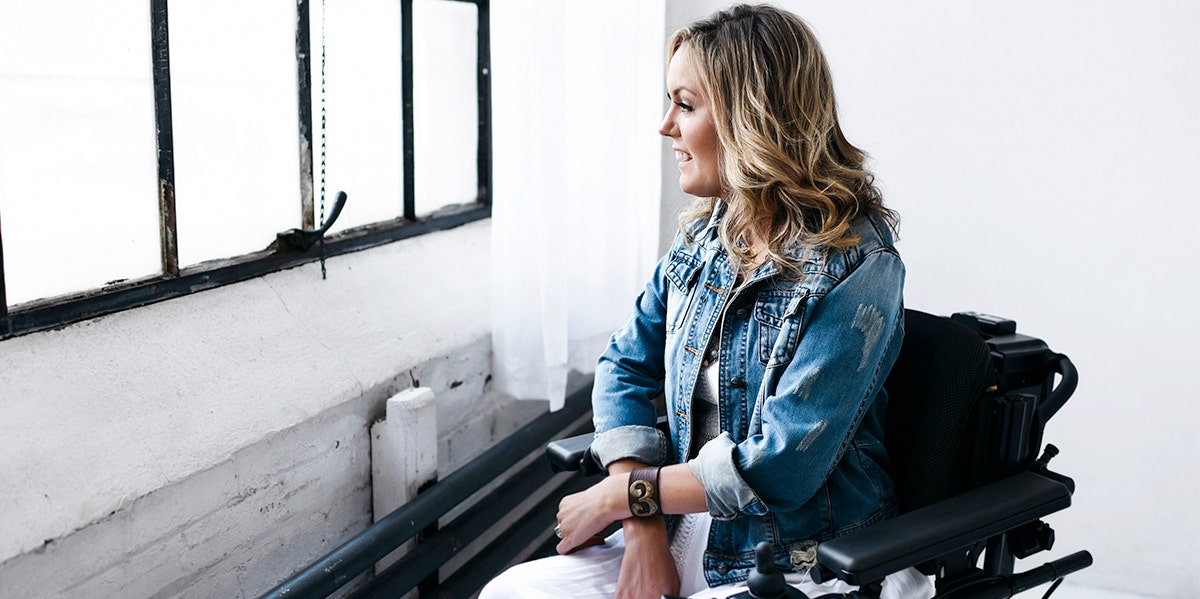How Growing Older Feels As A 30-Year-Old Woman With Cerebral Palsy
Since Cerebral Palsy is a pediatric disability many doctors are not trained to help as we age.
 SpaceStudio / Shutterstock
SpaceStudio / Shutterstock My entire life, which is verging on 34 years now, I have heard the phrase, “Cerebral palsy is not progressive.”
While it is true that the disability itself and the brain damage itself does not worsen, there is such a thing as residual effects as we age.
Since Cerebral Palsy is, in general, a pediatric disability, many doctors are not trained to help as we age beyond our childhood.
Cerebral palsy and its various severities affect each person differently, so keep in mind that not everyone will have my same experience.
I, for one, first began feeling the chronic pain involved as someone who is aging with a disability at the age of 30. I have been dealing with rather high degrees of pain in my right hip joint, in my left and right knees, and in my lower back region.
This pain results from my level of spasticity, or the rate at which my muscles are contracted and slowly released.
One of my most recent doctors told me that living with my level of spasticity would be like him walking around with a ten-pound weight on his body constantly.
He said if he did that, his muscles and joints would hurt, too.
That was one of the best analogies I had heard in a while that let me know that the health professionals trying to help me understand somewhat what it is like to live with chronic pain.
I really appreciate things like that. It helps me feel less alone and at times, less scared.
It can be very scary and stressful to feel like you are losing control of your body.
Other than managing it with medications and injections, there is really nothing else you can do. You just kind of must own up to it and understand that it is what it is.
This can certainly leave you feeling depressed and helpless.
However, the key to keeping your composure no matter the amount of pain is creating a delicate balance between the darkness and the light. Between the positive and the negative.
No one’s life is perfect. Everyone has their fair share of curveballs thrown their way.
However, when you have a disability, the difficulty of tough situations can be magnified. You must consider the intense fatigue included with a load of chronic pain conditions.
The load can become quite heavy, and contrary to popular belief, we are not superheroes.
We are human, too, and have a weight limit of hardships we can carry.
If you are like me and enjoy presenting a positive persona despite the pain that is bearing down on your already worn-out body, my best tip is to try to smile through the pain.
I have had my fair share of days where my heart can no longer take the pain, believe me.
I am not perfect, not even close. However, I am tremendously grateful for a tremendous support system, and even more so, doctors who are trying their best to help me. I understand that doctors are human, too.
I do believe though that there needs to be more material about the residual effects of our disabilities and the everyday pain we feel as a result.
If we are blessed with the capability to speak, we should be certain to voice the pain and discomfort we are feeling.
Not to garner pity, but so we can receive better treatment and be given better medications as we navigate our unique journey.
Karla Culbertson is introspective, unique, laid back, and fun. Follow her on Instagram.

